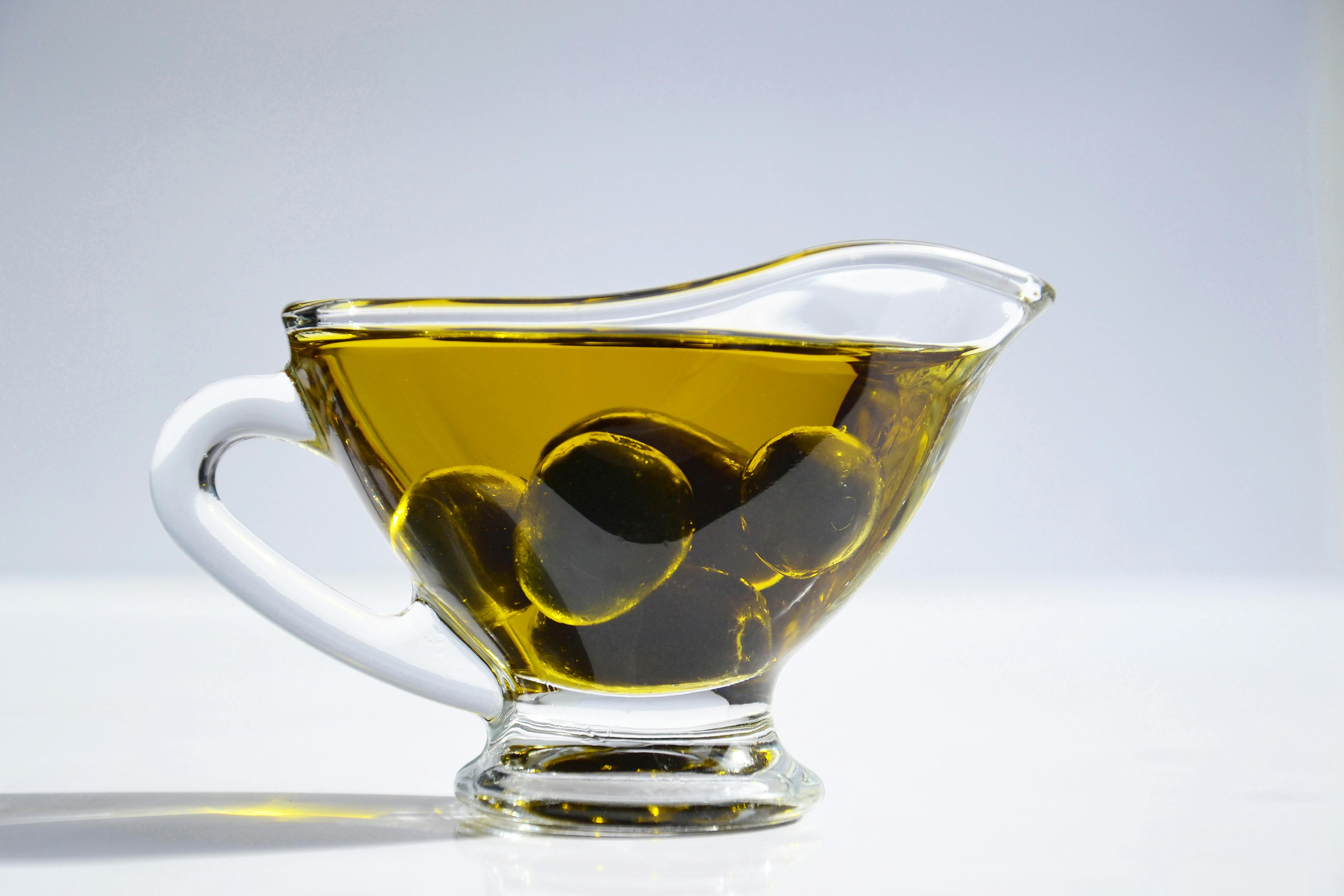Introduction
Could the key to a longer life be found on your plate? The Mediterranean diet, rich in vegetables, olive oil, whole grains and fish, is well known for its health benefits. But what does science say about the link between the Mediterranean diet and longevity?
In this evidence-based guide, we explore how this traditional dietary pattern can support healthy ageing and reduce the risk of chronic disease, all backed by reputable clinical research.
What Is the Mediterranean Diet?
Originating from southern Europe, particularly Greece, Italy, Spain, Morocco, Egypt and Lebanon, the Mediterranean diet is based on:
-
Daily intake of fruits, vegetables, whole grains and olive oil
-
Moderate consumption of fish, legumes and dairy
-
Low consumption of red meat and processed foods
-
Optional moderate wine intake, usually with meals
This is more than just a way of eating. It is a holistic lifestyle, encompassing physical activity, social connection and mindful eating habits (Davis et al., 2015)
Why the Mediterranean Diet Promotes Longevity
Scientific studies consistently show that the Mediterranean diet is associated with longer life expectancy, improved quality of life, and a lower risk of chronic conditions. Here are the key reasons why.
1. Supports Cardiovascular Health
Heart disease remains the world’s leading cause of death. A landmark clinical trial, the PREDIMED study, showed that individuals following a Mediterranean diet had a 30% reduced risk of major cardiovascular events compared to those on a low-fat diet (Merra et al., 2020)
2. Reduces Inflammation
The diet includes powerful anti-inflammatory foods, such as:
-
Extra virgin olive oil, rich in polyphenols like oleocanthal, which acts similarly to anti-inflammatory drugs (Finicelli et al., 2022)
-
Omega-3 fatty acids from oily fish, which reduce cytokines such as IL-6 and TNF-α
This makes the Mediterranean diet a highly effective anti-inflammatory diet, ideal for chronic disease prevention.
3. Lowers Oxidative Stress
Olive oil and fresh produce are abundant in antioxidants. Regular consumption helps reduce oxidative damage to DNA and cells, supporting long-term health (Finicelli et al., 2022).
4. Improves Gut Microbiome Health
The Mediterranean diet promotes a diverse and balanced gut microbiome, which is critical for immune function and mental wellbeing. It increases the production of short-chain fatty acids (SCFAs) and encourages beneficial bacteria like Bifidobacteria (Merra et al., 2020)
5. May Reduce Cancer Risk
Data from the EPIC study found that high adherence to the diet correlated with lower rates of gastric and colorectal cancers, largely due to fibre, polyphenols, and antioxidants in plant-based foods (Merra et al., 2020)
6. Protects Brain Health
The Mediterranean diet has been linked to slower cognitive decline and a reduced risk of Alzheimer’s disease, particularly when combined with physical activity and social engagement (Merra et al., 2020)
7. Aids Weight Management and Metabolic Health
This diet helps regulate blood sugar, improve insulin sensitivity, and reduce waist circumference — all factors that reduce the risk of type 2 diabetes and obesity (Finicelli et al., 2022).
Starting the Mediterranean Diet: Practical Tips and Cultural Adaptations
While the link between the Mediterranean diet and longevity is well established, much of the supporting research originates from Mediterranean regions. Can these benefits translate to places like the UK or Australia?
According to Woodside et al. (2022), they can — but only if the diet is adapted thoughtfully. Cultural and economic factors such as taste, cost, and food familiarity often limit long-term adherence in non-Mediterranean settings.
What the Research Shows
The TEAM-MED study in Northern Ireland found that individuals at high cardiovascular risk successfully adopted a Mediterranean-style diet, improving key health markers over 12 months, including BMI, blood pressure, and HbA1c (Woodside et al., 2022). Peer support and culturally appropriate substitutions were key to success.
How to Adapt It
-
Use local fish and legumes
-
Substitute familiar oils (e.g. rapeseed oil) where olive oil is less accessible
-
Modify dishes to suit local tastes while keeping the essentials: plenty of vegetables, whole grains, healthy fats, and minimal red meat
Woodside et al. emphasise that even with adaptations, retaining the core nutritional structure is vital to maintain the diet’s health and sustainability benefits.
Wondering how to bring the Mediterranean lifestyle into your routine? Here are simple, sustainable tips.
Adjust your pantry
-
Switch to olive oil for cooking and dressing
-
Stock whole grains (brown rice, oats), tinned legumes, and nuts
-
Replace processed snacks with fruit, Greek yoghurt, or a handful of almonds
Build your meals the Mediterranean way
-
Half your plate: seasonal vegetables
-
Quarter: whole grains or pulses
-
Quarter: fish, eggs, or legumes
-
Cook with herbs, garlic and spices instead of salt
Incorporate lifestyle changes
-
Eat slowly and socially
-
Walk daily or cycle instead of driving short distances
-
Prioritise sleep and reduce stress
Final Thoughts: A Diet for Long Life
The evidence is clear: the Mediterranean diet and longevity are strongly connected. With its combination of plant-based foods, healthy fats, and anti-inflammatory benefits, it is one of the most effective and sustainable diets for healthy ageing.


Share:
Why Vitamin D3 with Vitamin K2 is a Synergistic Solution to Wellness
Athlete Recovery: Prioritise Sleep and Nutrition Before Cryotherapy and Tech